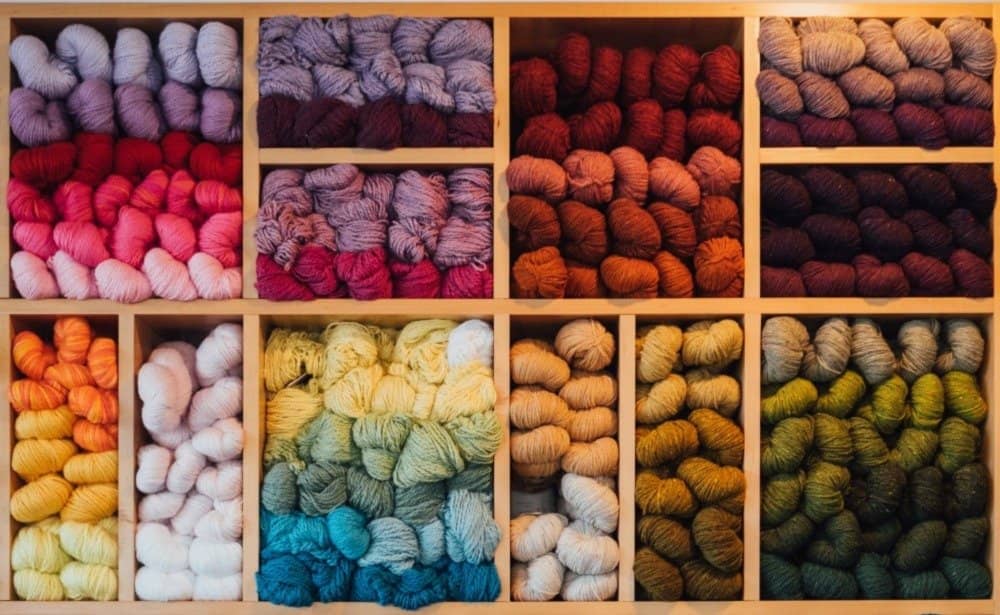This article will explain how to create a DAO to obtain funding for your project. DAOs, or Decentralized Autonomous Organizations, have become one of the greatest tools of the blockchain ecosystem.
DAOs allow the creation of decentralized structures. You can use these structures for project governance, community engagement, or even funding such projects. DAOs are a space where the community works towards fulfilling a joint mission. In DAOs, participants make decisions by consensus, and all participants have voting power to decide on the project’s future.
How to build a DAO?
The operation of a DAO is quite simple. It requires a set of rules to which all participants agree. Developers must program these rules at the software, protocol, or Smart Contract level. The rules will execute within a distributed system, allowing public auditing of the DAO’s actions and decisions.
The world’s first DAO is Bitcoin, which meets all the points. It has a set of rules. Participants make everything by consensus of their nodes, and, finally, its execution is decentralized. Moreover, altering the rules is not easy. Changing the Bitcoin software requires a BIP (Bitcoin Improvement Proposal) to be made, discussed, approved, and implemented in the protocol. A complex task if the community is strongly opposed to it. Meaningful discussions already happened in Bitcoin, and changes like SegWit or Taproot are clear examples.
The arrival of Ethereum caused the transformation of DAOs. Creating a DAO with Smart Contracts is now possible, which are much more flexible and accessible. Flexibility changed our perception of them, and thanks to Ethereum, there are places like MakerDAO. Ethereum facilitates the maintenance of systems as complex as Bitcoin without creating a new network.
Now, for a full operation, DAOs need funding. Like any organization, the DAO needs to finance its activities. In the case of MakerDAO, the MKR token serves this purpose, as it allows holders to participate in the DAO. At the same time, this token makes it easier for holders to assist in stabilizing the DAI stablecoin price, which is the ultimate goal of MakerDAO. Finally, that token allows users to earn rewards for their participation, which closes the circle of tokenomics and the functioning of a DAO.
How to create a DAO and be part of it?
Although creating a DAO may seem complex, some tools facilitate its construction. Applications such as Aragon or Colony allow us to develop DAOs that can be deployed in minutes by anyone with access to the Ethereum network.
However, creating a DAO in Aragon or Colony is not synonymous with success. You must be very clear about the project’s vision, mission, and goal you want to achieve. It would help if you also designed a token and rules that encourage people to participate in the project so that it is sustainable over time. It must be something that adds value and usefulness for everyone. Otherwise, the idea will not take off.
The most challenging part is thinking and designing the rules and bases of operation of the project and its governance. Once you achieve this goal and have people interested in the project, it will be time to put it into practice and start building the project and the DAO.
Project treasury management
A vital point in all this work is the management of the project treasury. The governance token will have a value, and participants can directly or indirectly purchase the token, generating revenue for the token. Managing that revenue is another vital point for the success of a DAO. You have to create clear rules for using the treasury and the conditions and design the targets for expenditures. In addition, treasury management cannot be in the hands of a single person, as it represents a security risk. It can even be a weakness that alienates DAO participants.
Multi-signature management should enable treasury control, divided between several people, and a Smart Contract that counts the necessary votes to approve an expense. In this way, you can not make the expenditure without the approval of the Smart Contract. Systems like these are essential in a DAO, and the Gnosis Safe platform helps create this type of treasury control without significant problems.
The community voting and discussion system
Once the DAO is up and running and there is precise treasury control, it is time to create spaces to bring the community together to discuss project decisions. It is important to remember that consensus drives all decisions. Thus, using the governance token, all those who have bought a stake in the DAO can make proposals on its future and vote for other recommendations. A monetary deposit could be required to submit such a proposal to prevent the network from being spammed with suggestions. Platforms such as Snapshot eases proposal management. Spaces like Gitcoin, Discord, or Telegram will help you create and strengthen ties with the governance community and the other users of the project you are making.
Develop and complete your project
Finally, you now have a DAO. A governance token and a community interested in what you offer. You also have social spaces to discuss and show progress and the money you need to make your idea a reality. You need to finish shaping your idea or project and deliver as promised. Try to exceed expectations, thanks to the collaboration and opinions of the community. Marketing and social media strategies are vital for this, as it is about massively publicizing the project to attract more people and give relevance to it. By following these steps and presenting value propositions, building a DAO, besides being simple, can become a success.

